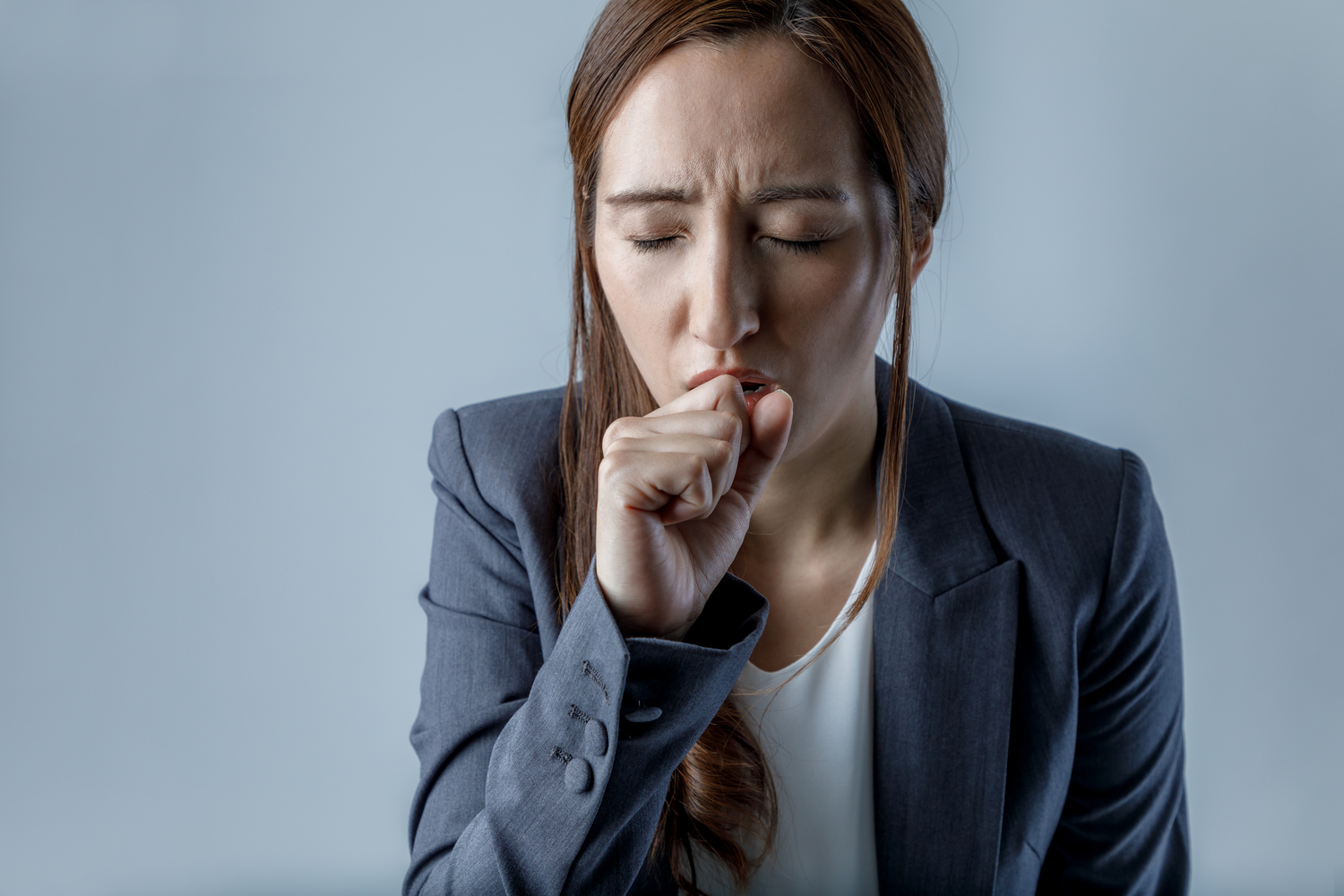
Tips to Prevent Lung Cancer
Lung cancer is basically a malignant tumor or carcinoma in the lung resulting from the uncontrolled growth of diseased cells in the lung tissue. There are two different types of lung cancer. They are small-cell and non-small-cell lung carcinoma. The malignancies are caused by epithelial cells and categorized based on the cells’ appearance and size. Common symptoms of lung cancer are chest pains, coughing up blood, shortness of breath and rapid weight loss. There are several simple steps people can take to reduce their risk of developing lung cancer. They include:
1. Stop smoking or don’t start smoking
About 85% of people with lung cancer get it because of long-term smoking of tobacco. One simple and effective way people can lower their risk of developing lung cancer is to stop smoking or don’t start smoking. There are 73 known carcinogens identified in cigarette smoke. They include benzo[a]pyrene, 3-butadiene and polonium-210, one of polonium’s radioactive isotopes.
2. Avoid second-hand smoke
Inhaling smoke from cigarettes being smoked by others significantly increases the risk of nonsmokers developing lung cancer. Studies done in both the United States and Europe show that nonsmokers who live or work with people who smoke have between a 16% and 30% greater risk of developing lung cancer than people who are not around cigarette smoke. Some research suggests inhaling second-hand smoke may be more dangerous than smoking. Avoid second-hand smoke and protect your health.
3. Test your home for radon
In the United States, one out of about every 15 homes has dangerous levels of radon gas in it. Colorless and odorless, radon causes about 21,000 people in the United States to die from lung cancer each year. It is the country’s second leading cause of lung cancer. The only way to determine if there is an unsafe level of radon in a home is by taking the time to test your home for radon.
4. Avoid carcinogens
It’s important to avoid carcinogens at work. Exposure to asbestos, arsenic, chromium, nickel and other known carcinogenic substances in the workplace increase the risk of getting lung cancer. There are 19 substances that are associated with lung cancer found in many workplaces. Wearing protective face masks and taking other precautions to avoid contact with toxic chemicals, exposure to radiation and airborne carcinogens can help prevent people from developing job related lung cancer.
5. Eat a diet full of fruits and vegetables
When you eat a diet full of fruits and vegetables it helps to boost the immune system and it helps the body to better be able to fight off diseases, infections and even lung cancer. The beta carotene and flavonoid antioxidants like quercetin in beans, legumes, bell pepper, capers, cherries, ginger, apples, oranges, red onion, sweet potatoes and other fruits and vegetables reduce the risk of developing lung cancer.
6. Exercise regularly
When you exercise regularly, it can reduce your risk of developing lung cancer by up to 50%. Health experts recommend doing a mix of mild, moderate and intense exercise about 5 days a week for at least 30 minutes. They say aerobic exercise is of particular importance for clearing the lungs and increasing lung capacity. Start slow and then gradually increase the length and intensity of the exercise regimen.


